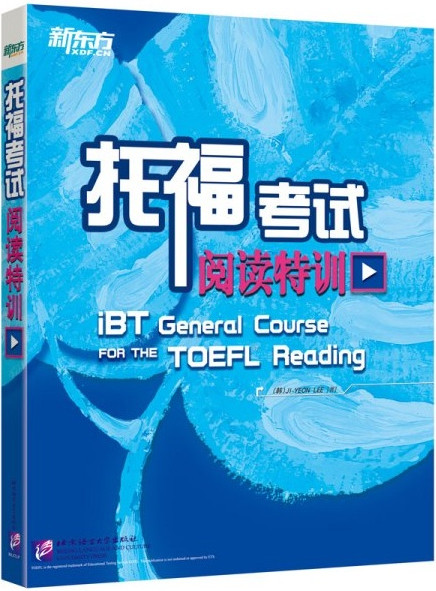ÍÐļĢŨũĄŠČŦÄęC―(jĻĐng) Rŋ
ĄĄĄĄÍÐļĢŨũĄŠČŦÄęC―(jĻĐng) Rŋ
ĄĄĄĄToday's world offers language learners different approaches toward their goal. They can choose to sit comfortably at home, reading textbooks. Or they can opt for a taste of the real life in the country where the language is spoken. After careful thought, however, I strongly agree that learning foreign language will be greatly facilitated if the person is in this very country.
ĄĄĄĄFirst and foremost, language ultimately boils down to fluent communication skills, which essentially involves "speech", not "writing". Speech, however, takes unintentional transformations when transmitted to a foreign country, or even a different location. The versatile dialects within a country is a good illustration. When across the boarder, the originality of speech is greatly confined to the foreign culture and dialects, which brings about unfavorable changes in pronunciations, intonation, sentence usages, etc. These changes form the biggest challenge for someone learning a second language, because he cannot experience the language first-hand.
ĄĄĄĄAnd let's not forget how language is learned. That is by constant practice. Living in the country where the language is spoken provides vast opportunities for the language learner. Communications in daily lives and better yet, education programs both facilitate language mastery. Situations such as doing groceries, bargaining, ordering meal, making friends, attending lectures are all great ways to learn a foreign language, which offers the learner the opportunity to experience the real-life usage of the foreign language he is learning. Compared with book study, real-life adventures almost always promise better results, since they activate the learner's five senses, and help to develop the four skills of language, which are reading, listening, speaking and writing.
ĄĄĄĄWhat's more important though, is the culture. Language is not as rigid as physics formulations. Instead, it is always blended with culture. Idioms are vivid examples. Without understanding the cultural meaning behind the idioms, a language learner probably is incapable of grasping the usage. Also, since language transforms on a daily basis, new words popping up for instance, it is virtually impossible for foreign language learners to keep up with the evolving language unless he submerges himself in the culture.
ĄĄĄĄTo sum up, although learning a foreign language in the home country is less time and money consuming, I propose to immerse oneself in the foreign culture. After weighing the pros and cons of the two approaches, I can safely conclude that it is much more beneficial to learn the foreign language in its own environment.





